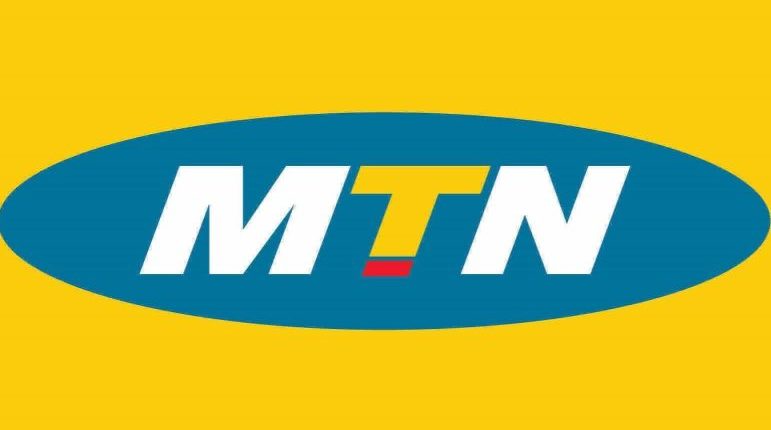Last year, MTN Nigeria hosted the elite of Nigeria’s academia and Information Technology stakeholders to the inaugural edition of its Academic Research Development and Innovation Challenge (ARDIC) at the Nile University, Abuja.
The ‘geeks’ did not only rock, they ruled supreme! One of the definitions of the word ‘geek’ in the Cambridge Dictionary is “someone who is keen about a particular subject and equally knowledgeable about it”. Others may say that the word is for the ‘unpopular’ version in all of us.
ARDIC was created to help young motivated researchers in Nigerian Universities to build and develop their research ideas into sustainable products and initiatives within six months.
Here are the six research ideas that won this year’s competition:
1.Jonhalmarktech Solutions – Media Optimization and Attribution Modeling of media advertising spend.
Researcher – Itoro Akpan
Research: With the findings from this research, it is possible to accommodate more network subscribers by increasing the network carrying capacity with the already existing network infrastructures without installing new network equipment. By installing the software mechanism, it will improve the quality of service to network subscribers and also help the network service providers to save the cost of installing new network infrastructures.
2.LogTech – Customer Complaints modeling using new media data and NLP
Researcher – Taiwo Amoo
Research: This research gives leverage to help reduce customer complaints by anticipating equipment failures before final breakdown of devices in order to give ample repair time to technicians before it hampers customers’ services ultimately increasing satisfaction and effective service delivery to customers of telecommunication networks/ISPs. This work can potentially save cost of transporting to customer premises to understand concerns of customers and reduce cost of repair of equipment.
3.Etechtra – Bayesian networks to predict the creditworthiness of an individual
Researcher – Zainab Musa
Research: Using bayesian networks to predict the creditworthiness of an individual using mobile call detail records, demographics, SMS patterns and recharge card purchases. In Africa, because of the lack of a formal credit system, continued access to a mobile phone network, by a consumer, is enabled by ‘top-ups’ through the use of pre-paid cards. I would like to explore whether in the absence of formal financial records or assets whether an accurate prediction of an individual’s creditworthiness could be made using alternative data.
4.Nature Cares Resource Centre – AgriTech with emphasis on use of technology for agricultural yield optimization, storage and preservation
Researcher – Toyin Oshaniwa
Research: Soil Organic Carbon Management: Organic Waste to Compost. Compost improves the soil structure through stable humus aggregates. Likewise it reduces the risk for erosion, regulates soil moisture and increases the microbial and faunistic diversity of soils. All these effects help to preserve SOC in the soil. (Source: FAO, 2015). Composting can also be used in incentivizing mechanisms. Organic agriculture is a production system that sustains the health of soils, ecosystems and people.
5.Mobia Capital – Machine Learning, Bayesian models for Fintech
Researcher – Angela Ebirim
Research: Risk assessment using smart data such as call detail records, from a person’s mobile calling history, demographic data and recharge card purchases to predict a credit score. In Nigeria formal credit scoring systems do not exist but mobile phone penetration is predicted to exceed 80% in 2020. This is a region where demand for credit far exceeds supply especially amongst economically active lower-income families which do not meet the stringent requirements for loans from traditional financial institutions such as banks.
6.D.I.C. – The Development of a Fuzzy-Weighted Socio-Transactional Churn Predictive System for Customer Behavioural Management
Researcher – Ibitoye Ayodeji
Research: Churn prediction is the process of identifying the propensity of a customer to switch from a service provider to another. This process has become important especially in the telecommunications sector due to strong competitiveness among service providers. Therefore, this study was aimed at developing a fuzzy-weighted socio-transactional churn predictive system for customer behavioural management.










